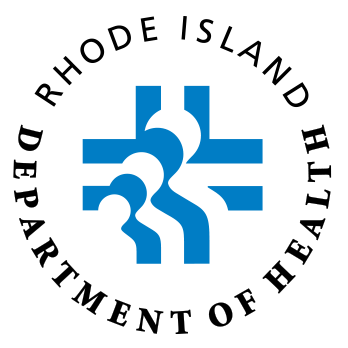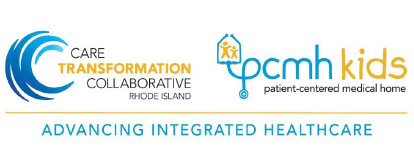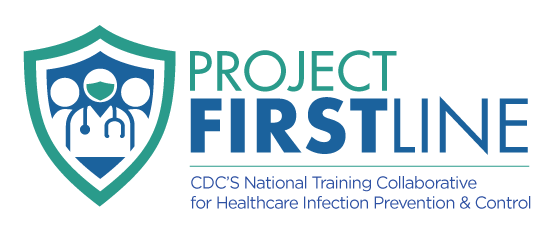OPINION
America needs to invest in pediatric health care
Health care resources for children have been trimmed so lean that any unexpected surge in mental health disorders or bump in RSV infections threatens the whole system.
By Presidents of the New England Chapters of the American Academy of PediatricsUpdated November 16, 2022, 3:00 a.m.
Parents in New England are asking pediatricians if their sick child may end up transported long distances to find a hospital room.CHARLES KRUPA/ASSOCIATED PRESS
“Doctor, will there be a hospital room for my sick baby?”
Parents in New England are asking pediatricians if their sick child may end up transported long distances to find a hospital room. As the six presidents of the New England state chapters of the American Academy of Pediatrics, we have witnessed pediatric hospital bed closures and shrinking pediatric workforces, leaving the region ill-prepared for even expected seasonal surges in illness. This autumn, New England general hospitals and pediatric specialty hospitals have run close to 0 percent bed availability. This is occurring during the worst youth mental health crisis we’ve seen in our careers. This is not just about respiratory syncytial virus, or RSV, which can cause serious infection in the lungs of young children and is surging across the United States. This is about a health care system failing to meet the needs of children.
The past several decades have seen closures of pediatric inpatient beds in community hospitals throughout New England. Our region is not alone. Nationally, pediatric inpatient beds declined by almost 20 percent in the decade before the pandemic as hospitals shifted to more profitable adult care units. These closures resulted in fewer pediatric-trained medical and nursing staff in community hospitals.
Over time, the care of sick children in New England has shifted to academic medical centers. However, major pediatric centers are not immune to economic pressures that disincentivize pediatric care. Tufts Medical Center recently closed its inpatient pediatric unit, replacing it with an adult unit. Caring for kids is simply not as profitable as caring for adults. About half of all children in the United States have Medicaid insurance, which pays only 60 percent of Medicare rates on average. Federal and state governments must increase Medicaid rates to match Medicare rates to preserve our capacity to care for children.
Prior to the early fall increase in respiratory illnesses, access to pediatric inpatient beds was already critically strained by the youth mental health crisis. Youth with mental health needs that are unmet in the community frequently remain in emergency departments or inpatient pediatric medical units for weeks awaiting appropriate psychiatric care. Youth may be transferred to hospitals far away from family support during their most difficult struggles. The United States must expand youth mental health services in the community and in hospitals, strengthen the pediatric mental health workforce, and insist on fair payment for youth mental health clinicians.
A pediatric bed isn’t just in a different section of the hospital. It is staffed by nurses and physicians trained in the care of childhood diseases in patients whose bodies are not only smaller but with different physiologies. The government must address the pediatric workforce shortage by raising the number of pediatric-trained clinicians, investing in nursing schools, and increasing loan repayment forgiveness for all pediatric professionals.
The best way to preserve the availability of pediatric inpatient beds is to prevent the illnesses and injuries that lead to hospital admission. Preventive health care interventions like immunizations and early treatment for developmental and behavioral conditions provide the best outcomes for children. The nation and our New England region must commit to major investments in pediatric primary care to keep kids healthy and out of the hospital.
New Englanders must think of all the children in their lives and consider if they would be happy to drive across state lines to access appropriate medical care for their own children. As suggested in a national call to action by the AAP and Children’s Hospital Association this week, the solutions lie in fair payment, investment in the workforce, and engagement with hospitals over their responsibility to communities. Health care resources for children have been trimmed so lean that any unexpected surge in mental health disorders or bump in respiratory viruses threatens the whole system.
It’s time for Americans to prioritize children and insist on investments that optimize the physical and mental health of our future. This is not a temporary crisis that will resolve at the end of RSV season. As a region and as a nation we must commit to long-term investments in children’s health and well-being.
Dr. Mary Beth Miotto, Dr. Rebecca Bell, Dr. Laura Blaisdell, Dr. Allison Brindle, Dr. Scott Schoem, and Dr. Erik Shessler are presidents of the New England Chapters of the American Academy of Pediatrics.
https://www.bostonglobe.com/2022/11/16/opinion/america-needs-invest-pediatric-health-care/







